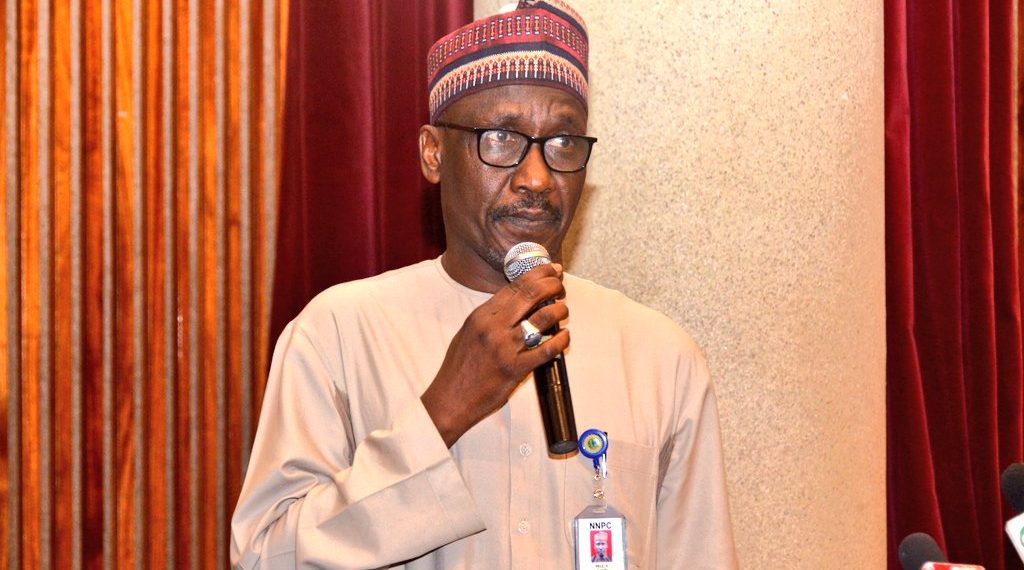Mele Kyari, the group managing director of the Nigerian National Petroleum Corporation, NNPC, has said that the subsidy on petrol has been removed permanently.
Responding to a question on whether or not the government is still paying subsidy on petrol, Kyari said, “There is no subsidy…It is zero forever.”
“What I mean is going forward there will be no resort to either subsidy or over the recovery of any nature. NNPC will play in the marketplace, it will just be another marketer in the space.”
The NNPC group managing director was speaking on Monday, April 6, 2020 morning on an AIT programme, MoneylinewithNancy.
Oil Price Crash: Nigerian Government Reduces Petrol Pump Price To N125
The Nigerian government on Wednesday, March 18, 2020 announced the reduction of the pump price of petrol to N125.
A statement by Nigerian National Petroleum Corporation, NNPC, said the move was in compliance with the directives of the Honourable Minister of State for Petroleum Resources on petrol pricing.
The corporation said it has reviewed its Ex-coastal, Ex-depot and NNPC Retail pump prices accordingly.
“Effective 19th March 2020, NNPC Ex-Coastal price for PMS has been reviewed downwards from N117.6/litre to N99.44/litre while Ex-Depot price is reduced from N133.28/litre to N113.28/litre,” Mele Kyari, NNPC Group Managing Director said.
“These reductions will, therefore, translate to N125/litre retail pump price.
“Despite the obvious cost implication of this immediate adjustment to the Corporation, NNPC is delighted to effect this massive reduction of N20/litre for the benefit of all Nigerians.
“Accordingly, all NNPC Retail stations nationwide have been directed to change the retail pump price to N125/litre.”
Earlier on Wednesday, President Muhammadu Buhari ordered a reduction in the pump price of petrol from its current official price of N145 per litre.
The Minister of State for Petroleum, Timipre Sylva, had announced this in a statement.
Mr Sylva said the president’s directive is because of the drop in the international oil price.
On Wednesday, the price slumped further to $28 per barrel, raising fears of global economic crisis as nations roll out measures to contain the spread of coronavirus.







